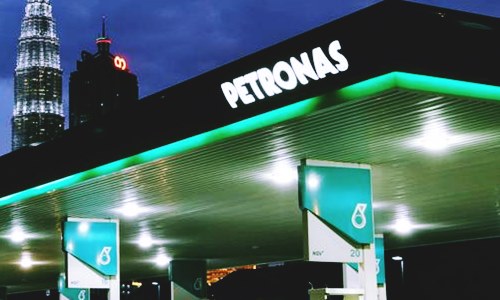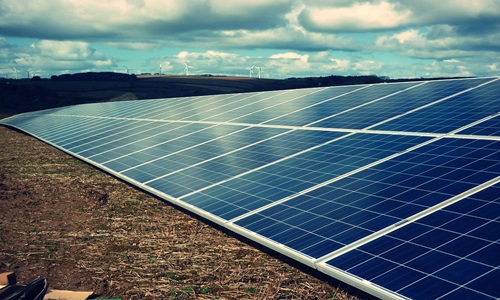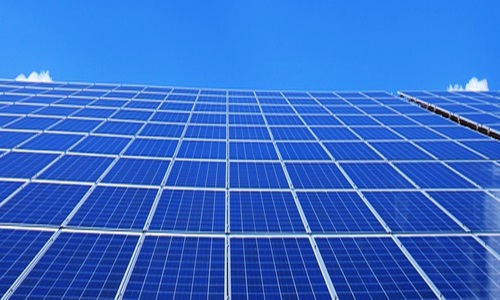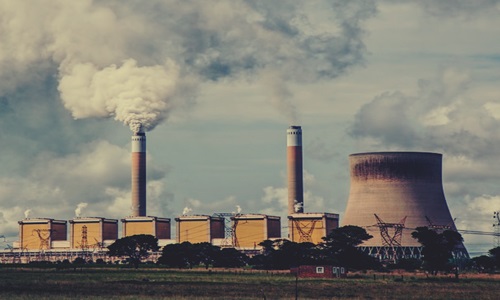PETRONAS (Petroliam Nasional Berhad), a Malaysian oil & gas company has reportedly held discussions with the Philippine government-owned PNOC (Philippine National Oil Company). The talks, as per sources, revolved around an investment of $2 billion in a planned LNG (liquified natural gas) hub in the Philippines.
Philippines’ Â Energy Secretary, Alfonso Cusi claims that PETRONAS has expressed keen interest in Philippine’s LNG hub with the intention of investing in it and partnering with PNOC, in a meeting held on 11th of July. Additionally, the government is especially interested in PETRONAS’ commercial trading expertise.
PETRONAS, according to reliable reports, stated that they are actively looking for LNG opportunities in the Philippines region via collaborations with strategic partners that work towards the nation’s plans to import LNG.
If reports are to be believed, the Philippine government wants the LNG hub – located at Batangas province, south of Manila – to be up and running before the natural gas reserves in the Malampaya quench in the year 2024, to match the nation’s energy demands that are anticipated to increase considerably.
The Department of Energy apparently claims that the hub will be constructed in fragments, beginning with a buoyant regasification & storage unit with 200mW initial capacity, which will be scalable up to 800mW. This development phase anticipates completion by the year 2021. The last phase meanwhile is anticipated to reach completion by 2024 and will consist of onshore facilities including regasification, power plant, storage, and distribution facilities.
Cusi also claimed that the country needs an additional capacity of about 10000mW until the year 2022, which in the 2022-2040 period is expected to shoot up to about 34000mW, making the gross requirement from now to 2040 to be approximately around 44000mW.
These requirements are extensive, requiring outside help to be realized and that is one of the main reasons the government is encouraging offshore power generation firms to construct their plants with government-permitted complete ownership of conventional plants in the country, cite trusted sources.





